What’s the Game Israel and Iran Are Playing?
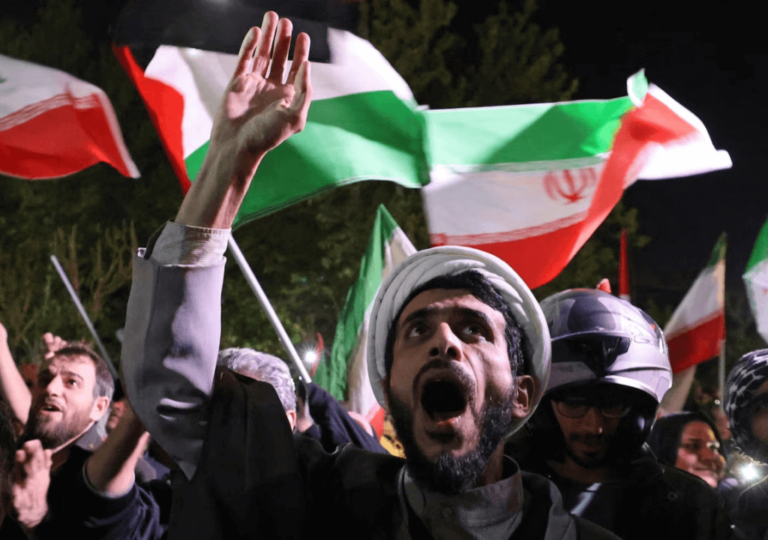
Israel and Iran's conflict escalates, with direct strikes exchanged, raising fears of broader regional war

Israel and Iran's conflict escalates, with direct strikes exchanged, raising fears of broader regional war
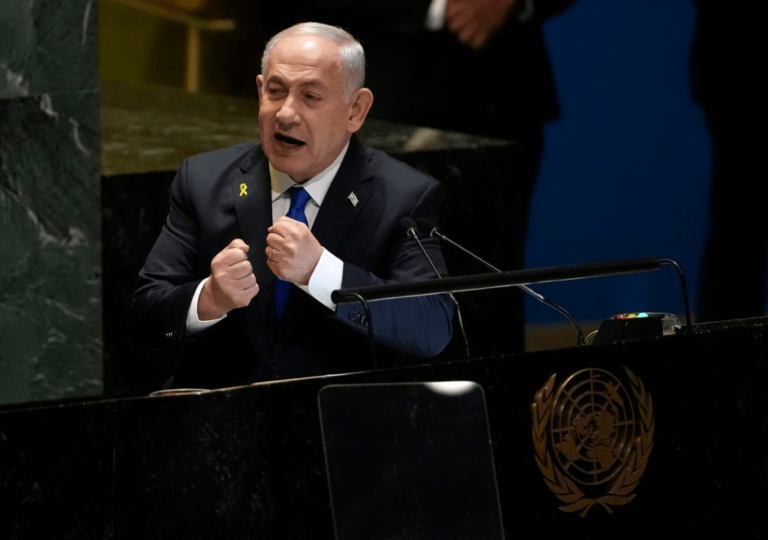
The United Nations struggles to maintain authority amid escalating global tensions, particularly in the Israel-Palestine conflict
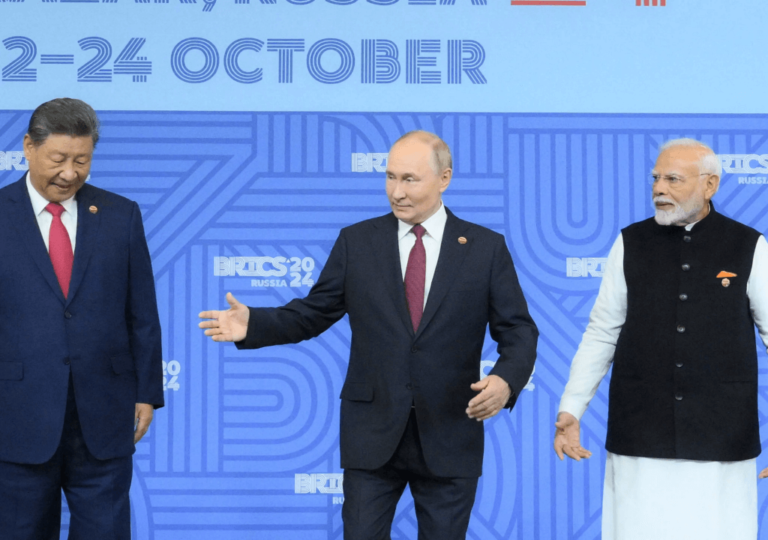
The 16th BRICS summit in Kazan highlights the bloc's growing geopolitical significance and its challenge to U.S. dominance
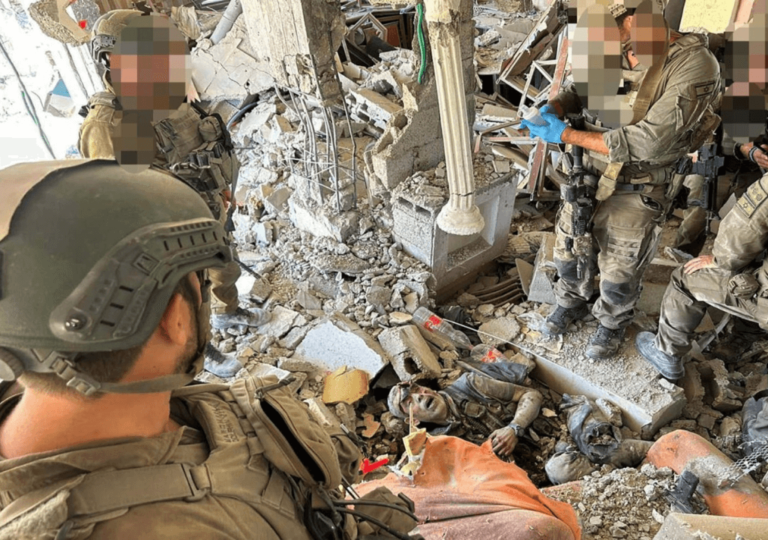
Israel has killed Yahya Sinwar, the mastermind behind the October 7th attack, escalating its war against Hamas and Hezbollah
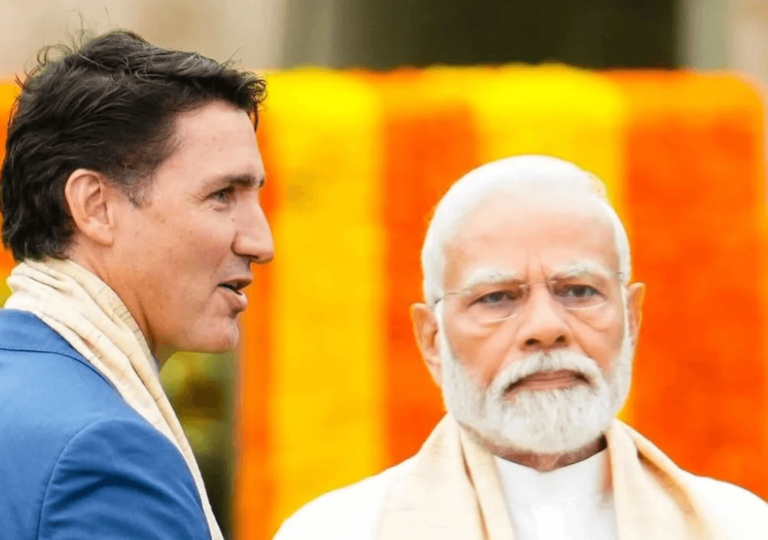
India and Canada face escalating tensions over the killing of Sikh separatist Hardeep Singh Nijjar, leading to mutual diplomat expulsions
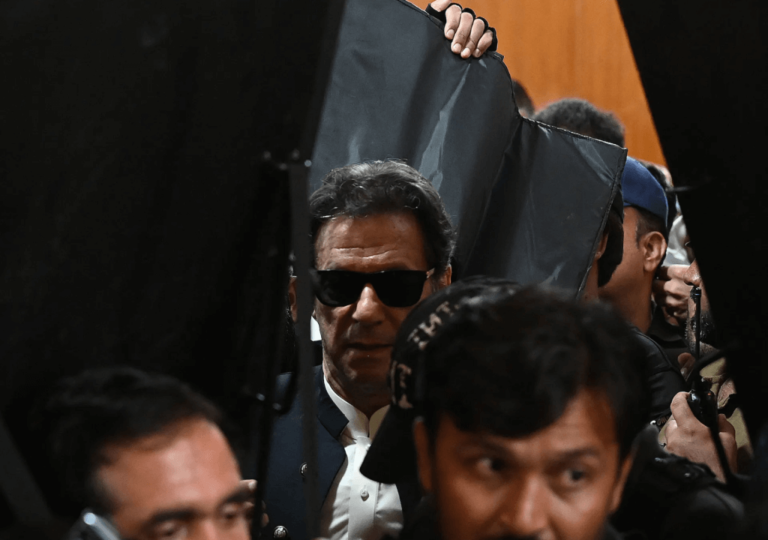
Pakistan faces an existential crisis as public dissent rises against a ruling elite amid economic collapse and political turmoil
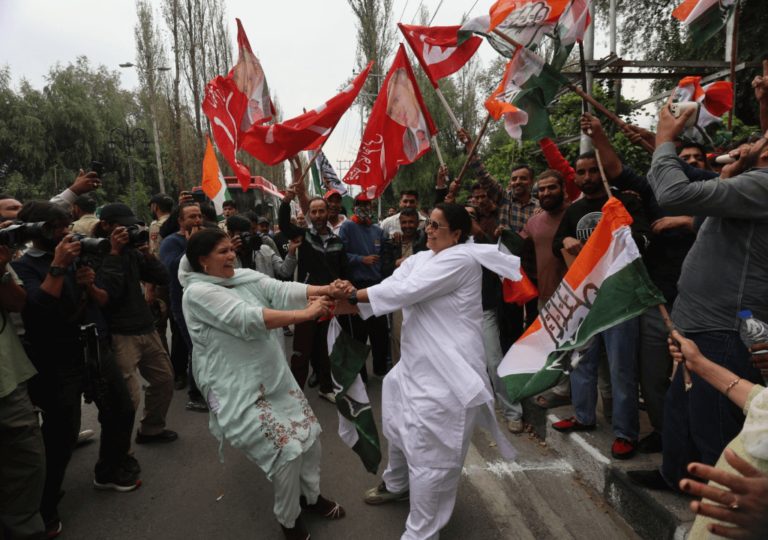
The National Conference and Congress alliance won a majority in Jammu and Kashmir, marking a setback for the BJP
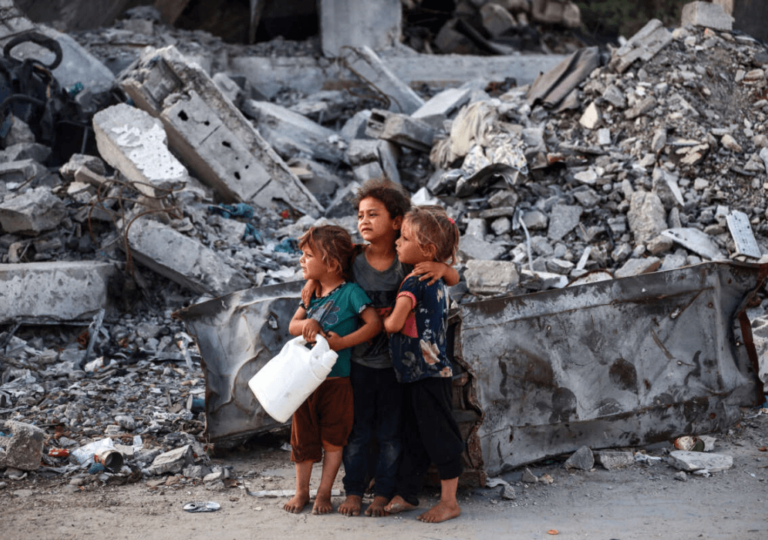
One year after Hamas's brutal attack on Israel, global commemorations highlight the ongoing conflict's devastating toll
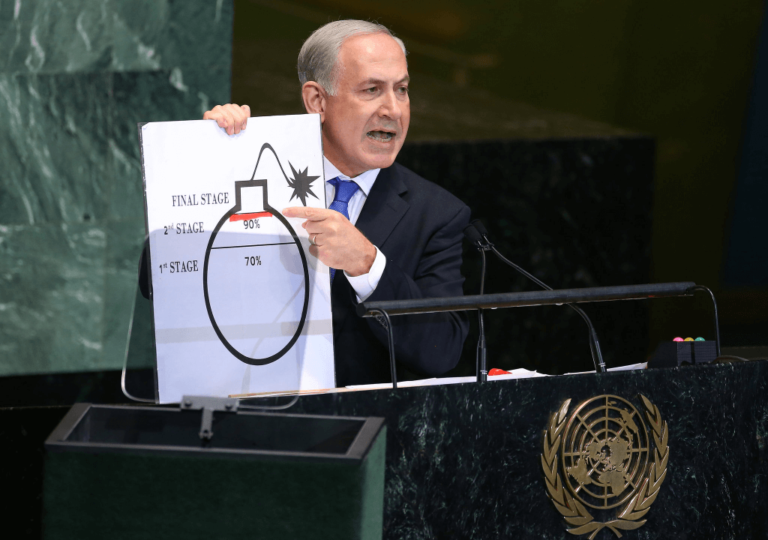
Iran faces potential fragmentation as Israel escalates its military strategy against the Islamic Republic, risking broader conflict

Former Singaporean minister S. Iswaran sentenced to 12 months in prison for accepting over $300,000 in gifts and obstructing justice